What Does Personal Branding Mean in Today’s Job Market?
Personal brand is presenting ourselves in a unique professional identity. It is a combination of our skills, achievements, and experience that separates you from other candidates. Basically, whenever anyone hears your name, in their minds, your image should be clear and positive. This is the goal of personal branding for career growth.
Why Personal Brand is Important for Career Growth?
Personal branding is important for career growth because;
- It helps you to get job opportunities quickly.
- Recruiters and employers can easily recognize your skills and expertise.
- It benefits you in networking.
- You can become a thought leader in your field Personal branding increases the chance of getting the best opportunities.
1. Identifying Your Unique Value for Career Growth
Identifying your unique value means understanding in what way you are different from others and why people should choose you. It can be your skills, knowledge, experience, or problem-solving approach. For this process, you have to analyse your strengths and the audience’s needs. For example, if you are a content writer, then your unique value can be that you can explain complex topics in simple and engaging language. See your previous successor, your client feedback, and your work style; this only makes your identity. When you clearly define your unique values, you can confidently showcase them in marketing, networking, and personal branding, which shows you differently in the competition. It is a combination of skills, knowledge, personality traits, and experiences.
Recognizing your strengths, skills, and expertise for personal brand
Recognizing your strengths, skills, and expertise is an integral part of building a personal brand for career advancement.
Strengths
These are qualities that you actually have, like problem-solving, leadership qualities, and communication skills. These are important for personal brand.
Skills
These are the things that you have learnt, like writing, designing, marketing, data analysis, etc.
Expertise
It means when you have a deep knowledge in any field which makes you an expert in that.
Tip: Take feedback from your colleagues, friends, or mentors about what they think you are best at. This will help you discover your hidden strengths.
Finding your niche and differentiators
Niche – This is a specific area or topic in which you specialize. Example: Even within content writing, you can be an expert in the health & lifestyle niche.
Differentiators – These are your unique traits or style that set you apart from competitors. Example: Maybe you use humor in your writing, or your design style is modern and minimalistic.
Tip: Do market research — see what is in demand in your industry and how you can fit your skills into it in a unique way.
2. Crafting Your Personal Brand Story for Career Growth
A personal brand story is how you present your professional journey that connects emotionally with your audience. It is not about listing skills and jobs – it shows who you are, what drives you, and why you do your work.
Creating a compelling professional narrative
- Start with your ‘why’ – what motivates you in your career.
- Tell me about a milestone that has helped you improve your skills.
- Show your values and passion through real experience.
Showcasing achievements and experiences
- Give specific results (e.g., “increased engagement by 50%”).
- Share success stories and challenges you have overcome.
- Include awards, certifications, and impactful projects.
3. Optimizing Your Online Presence
Optimizing your online presence means creating profile, content, engagement with professionals, and becoming a consistent presence on a platform. This includes high-quality profile pictures, a clear bio, relevant keywords, and sharing valuable content. It boosts your visibility, credibility, and career or business opportunities.
LinkedIn profile optimization
Your LinkedIn profile is your digital first impression — it’s often the first place recruiters and potential employers check before contacting you. To make it effective, start with a professional profile picture and a clear, keyword-rich headline that reflects your role or target position (e.g., “Aspiring Digital Marketer | Content Creator | SEO Enthusiast”).
Let’s see in detail;
Professional Profile Picture
Your profile photo is the first thing people notice. Make sure it’s:
- High quality (clear, not pixelated)
- Professionally dressed
- Friendly and approachable expression
- Clean background
Tip: Avoid selfies or party photos — go for a simple headshot with good lighting.
Catchy & Clear Headline
Your headline doesn’t have to be just your job title. Use it to show your value, skills, and target role.
Examples:
“Unemployed | Looking for work”
“Content Writer | SEO Specialist | Helping Brands Grow with Engaging Content”
A good headline grabs attention and helps you appear in searches.
Strong About Section (Summary)
This is where you tell your professional story. Use simple language to cover:
- Who you are
- Your top skills and experience
- Your goals or what you’re looking for
- A call to action (e.g., “Open to new opportunities” or “Let’s connect!”)
- Use short paragraphs or bullet points to make it easy to read.
Experience & Roles
Don’t just list job titles — explain what you actually did. For each role:
- Mention your key responsibilities
- Highlight accomplishments
- Add numbers or results when possible
“Increased blog traffic by 60% in 6 months through SEO strategy and content updates.”
This helps recruiters understand your impact.
Using personal websites or portfolios
A personal website or portfolio is your online space to showcase skills, work, and achievements. It builds credibility, gives you full control over your personal brand, and makes it easy for recruiters or clients to find you. Include a professional bio, best work samples, testimonials, resume/CV, and contact details. You can also add a blog to share insights and establish authority. Keep the design clean, mobile-friendly, and easy to navigate. Use high-quality visuals and clear descriptions for each project. A strong portfolio not only highlights your expertise but also leaves a lasting impression that can open doors to new career opportunities.
If you want to learn in detail about LinkedIn—such as how to build a strong LinkedIn profile, what type of format and content works best, how to network on the platform, and why networking is important—then you can read these two articles. These articles are among the best for understanding how to effectively leverage LinkedIn and master networking strategies.
4. Content Creation & Thought Leadership
Content creation and thought leadership are the best combination. When you openly share your experience, knowledge, and ideas, you build authority in your field. From this, people not only see you as a professional but they start to see you as an expert.
Sharing insights, blogs, or videos to build personal brand
You can write blogs on your related industry field. You can create LinkedIn posts, and you can also create short videos. Sharing insights means sharing your perspective. Example – five tips for better management or how to improve customer engagement.
Speaking at events or webinars for personal brand
Becoming a speaker at offline events, conferences, or online webinars greatly boosts your credibility. You share your expertise, get a direct connection with the audience, and also have opportunities to network. This can make you a go-to person when people seek advice on your topic.
Pro Tip: Add your personal experiences to your content, as real-life examples connect more with people.
5. Networking to Build Visibility for Career Growth
Networking is very important in job hunting because, with the help of networking, you can reach those opportunities that are sometimes unavailable on job portals. Many companies hire candidates internally or through referrals, which means that if you have a strong network, you will be aware of those jobs. You get real industry insight from networking, like which skills are in demand, what the company’s culture is, or what the expectations of a specific role are. When you interact with a professional, it also boosts your confidence and improves your communication skills. Which helps in your interview. Networking is not limited to jobs only – it can also be one way for your long-term career growth. If today you are having a small conversation with a professional person, no one knows, maybe the next day that person will be the reason for your big opportunity.
Engaging with industry professionals online and offline
Connecting with industry professionals is very important for the growth of your career. Participate actively on Online platforms like LinkedIn, Twitter, or professional forums. Start commenting on posts, give valuable insights, and post updates or articles that show your expertise. It will increase your visibility and people will see you as a serious professional in your field. It is equally important offline as well you should do meet-up, networking lunches, or attend a small discussion group. Trust is built with face-to-face interaction, and it is possible to create a professional relationship for the long term, which creates opportunities. A combination of both modes is important.
Attending events and joining communities
Attending industry events, workshops, and conferences is a powerful combination of knowledge and networking. With the help of these events, you get Direct access to learn from experts, potential clients, and industry influencers. You can learn about new trend tools and strategies in real time. By joining communities, you will get into a support network where people with the same interests share goals. Online communities like (Facebook groups, Slack channels, and Discord servers) and offline communities like( local meet-up, professional associations) both are helpful for your growth. It provides you with collaboration opportunities, feedback, and fresh ideas that you can implement in your work.
6. Maintaining Personal Brand Consistency for Growth
Brand consistency means keeping the image tone, style, and message of your brand the same on every platform. From this, the audience can recognize you easily and will trust your brand.
For an example: if you are using a friendly and casual tone on Instagram, then you have to use the same tone on the website and on LinkedIn as well. Logo, colors, and messaging should be aligned. If you use a different look and tone on every platform, the audience can get confused and your brand value could be reduced. Consistency makes your brand identity strong and creates a loyal audience for the long term.
Staying relevant with industry trends for consistent growth
You have to be relevant to industry trends because the market and audience keep changing. If you use outdated ideas and styles, then you will fall behind the competition. To understand, you have to research the market, observe competitors, and take feedback from your audience. But do remember that following every trend blindly is not important; follow only those trends that match your brand values and the interests of your audience. For example, if there is a trend of eco-friendly products and your brand is about the fashion industry, you can start using sustainable materials from this, and you will be seen as modern and relevant.
Avoiding personal brand-damaging mistakes for your growth
Personal brand-damaging mistakes are those that hurt your image and break audience trust. These mistakes can be of any type, like giving wrong information, posting sensitive content, providing poor customer service, or failing to fulfill promises. To avoid these mistakes before posting your content, proofread every public statement, and give a timely solution to customers. If you have made any mistake unintentionally, so instead of covering it, you should acknowledge it openly and try to give a solution. Transparency and honesty help your brand recover, but making the same mistake repeatedly can lose the audience permanently.
Try to avoid mistakes as much as you can.
Conclusion
In today’s competitive world, identifying your unique value is not just an option but a necessity. When you have a clear understanding of what sets you apart—whether it’s your skills, experience, approach, or personality—you can make more focused and confident career or business decisions. This clarity helps you attract the right audience, secure better opportunities, and build a stronger personal brand. By knowing your strengths and showcasing them consistently, you create a distinct position in the market that competitors find hard to replicate. Your unique value becomes the foundation for long-term growth, credibility, and lasting success. That’s why it is very important to build a personal brand for career advancement.
Want to explore career blog? Read here.
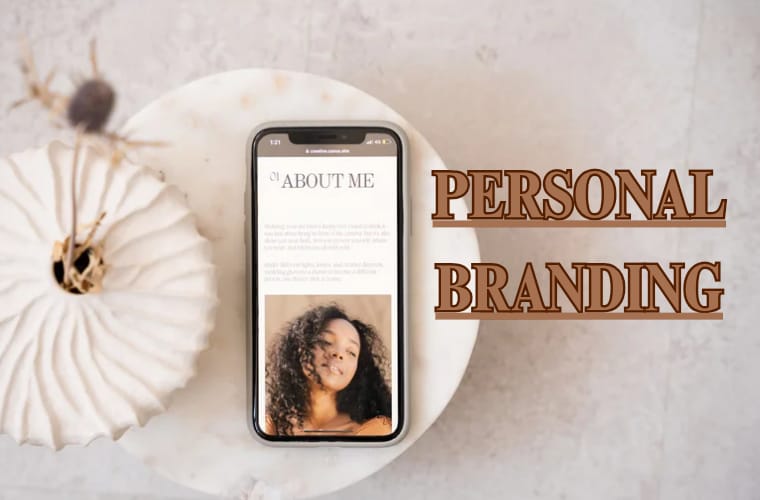


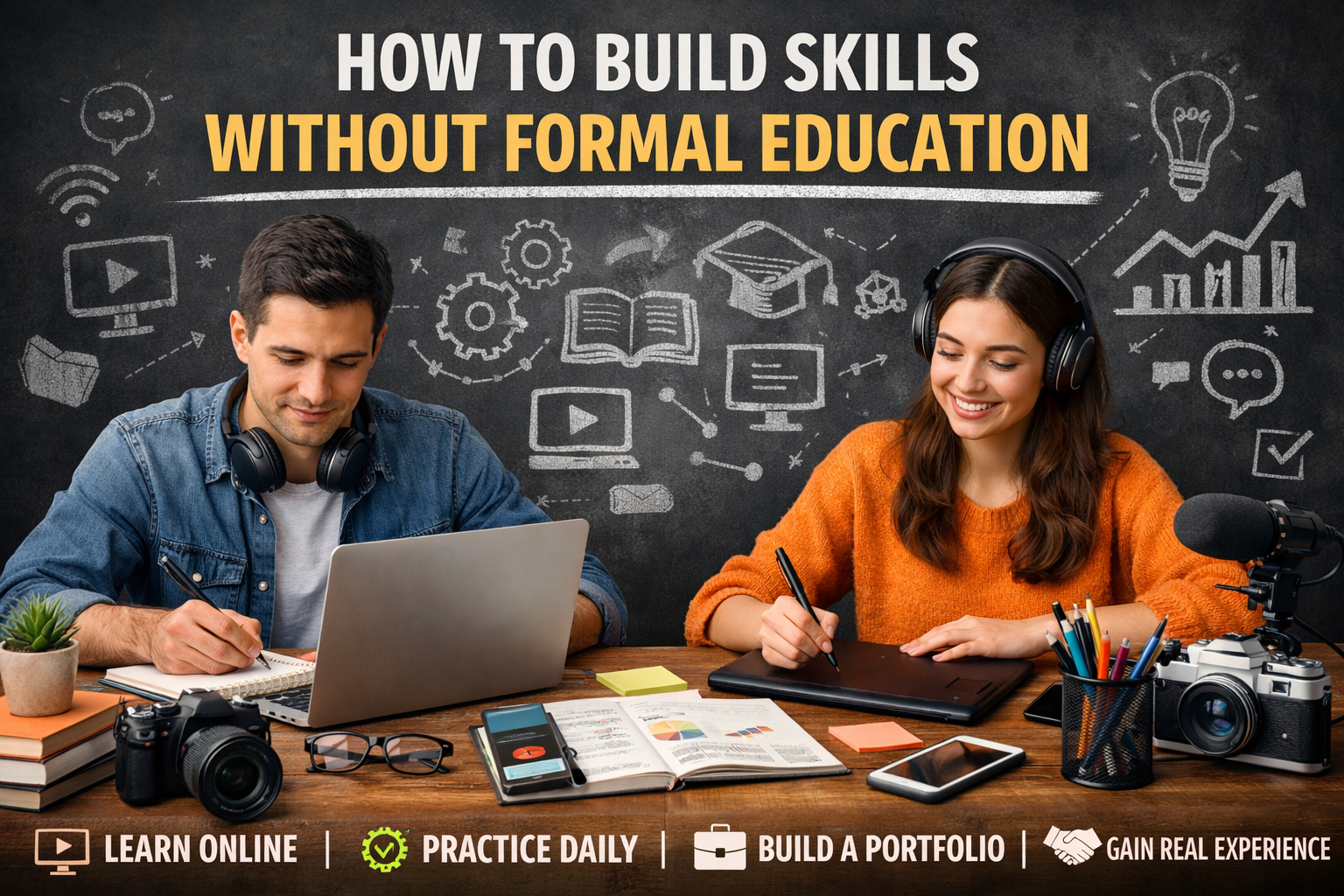
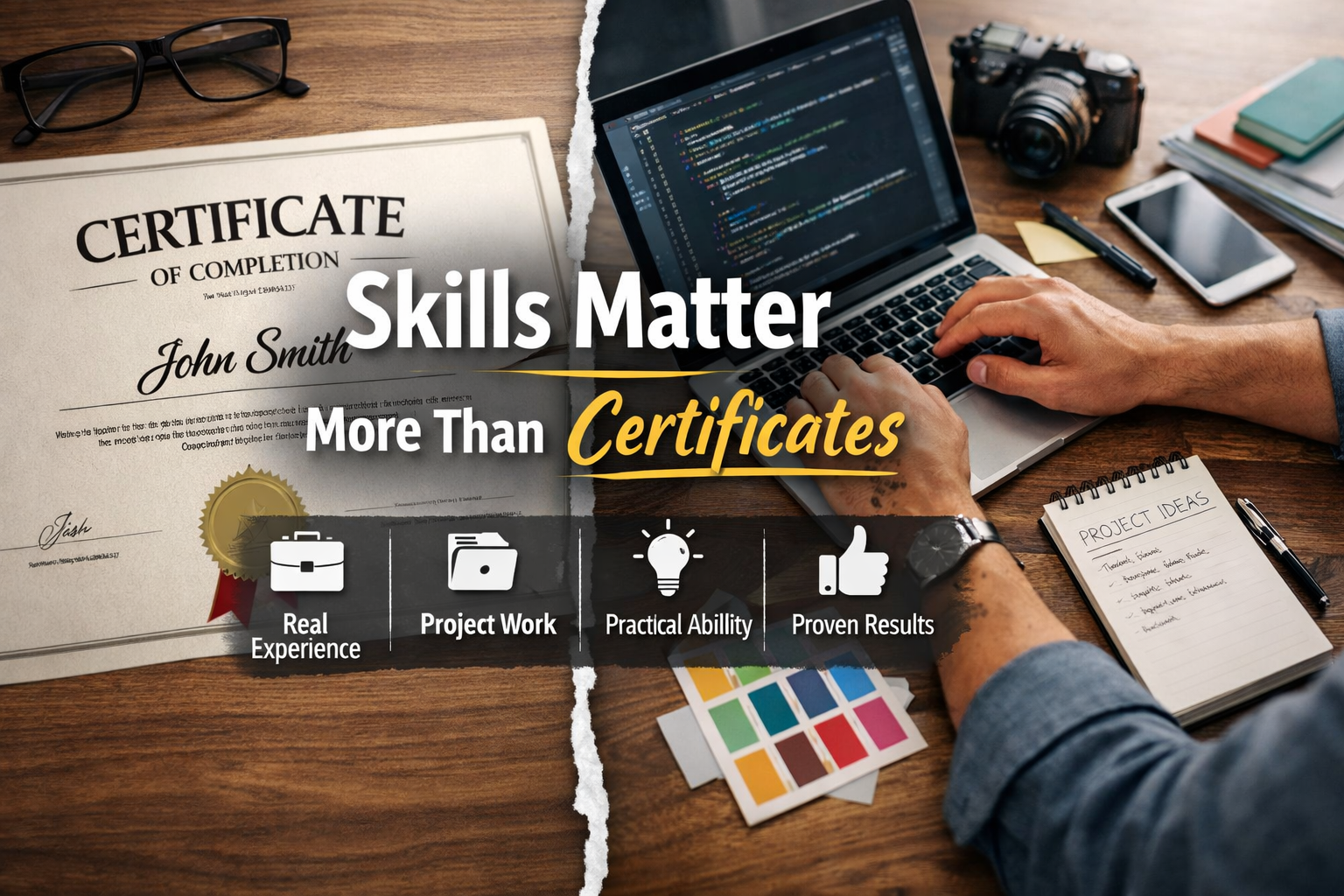
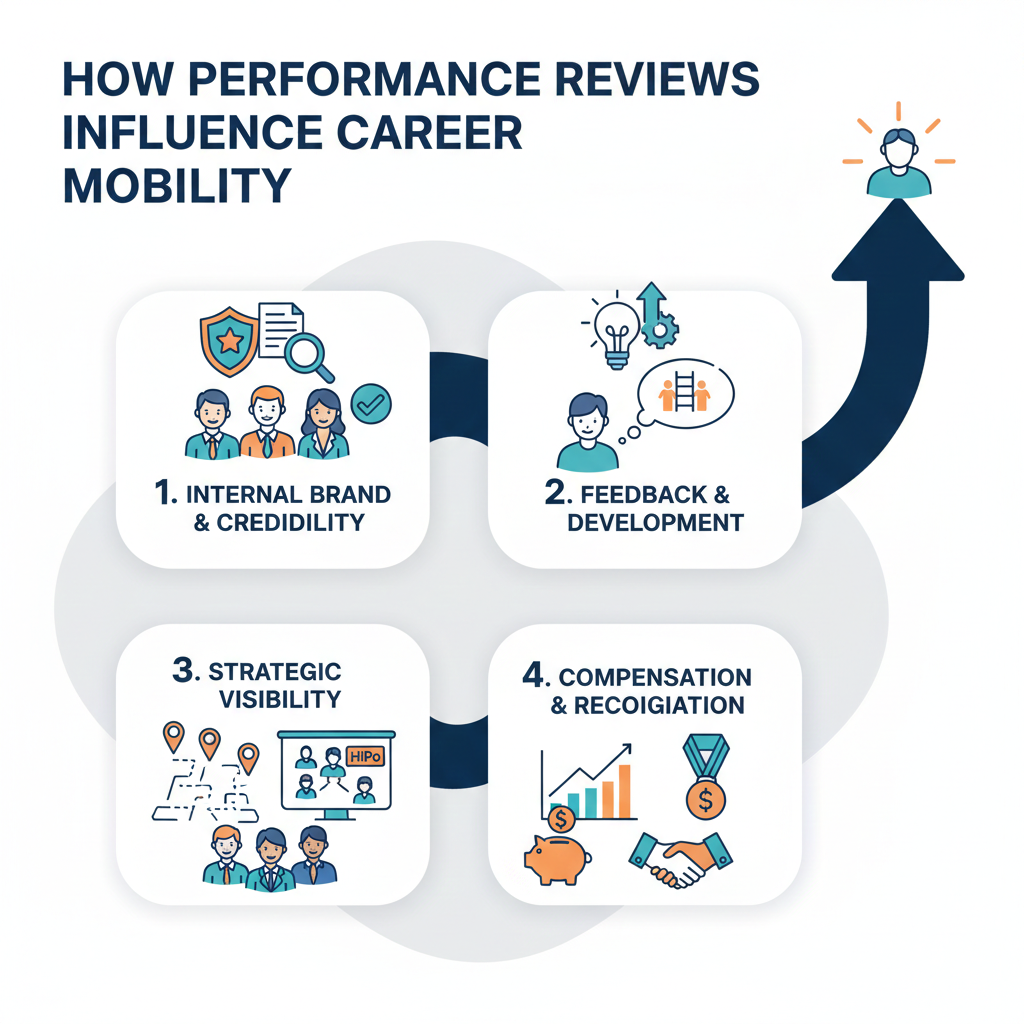
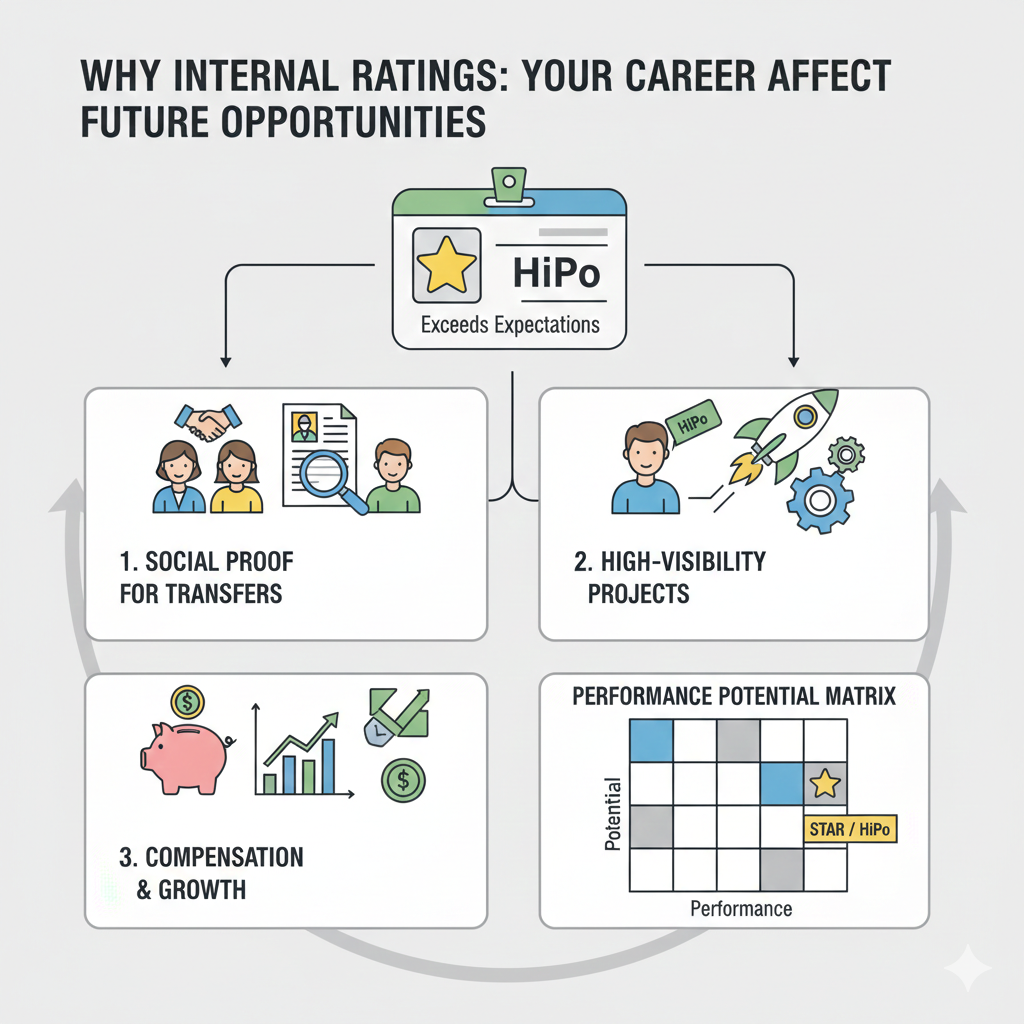
Leave a Reply